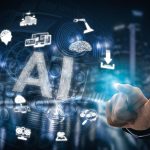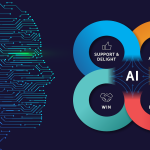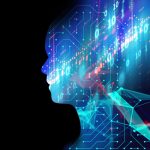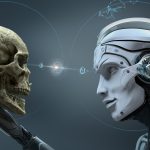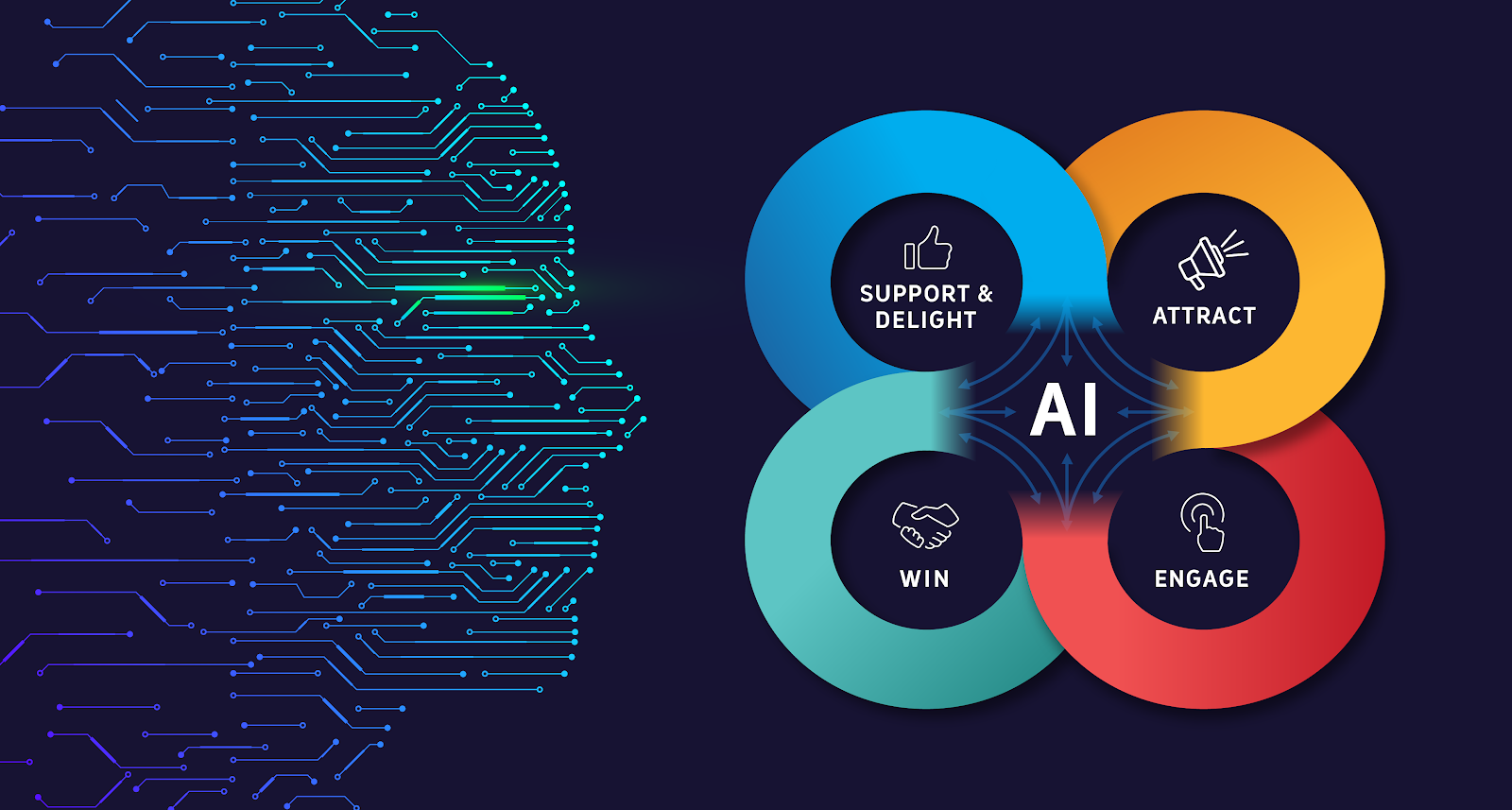The integration of artificial intelligence (AI) into human resources (HR) is revolutionizing the field, profoundly impacting recruitment and employee management processes. From streamlined hiring to enhanced employee engagement, AI’s capabilities are vast, offering smarter, more efficient solutions for the modern workplace.
Revolutionizing Recruitment Processes
AI is significantly transforming the recruitment landscape. Traditional methods of sifting through resumes and conducting initial screenings are time-consuming and often ineffective. AI, however, brings a new level of efficiency and accuracy to this process. Advanced algorithms can scan through thousands of resumes in minutes, identifying the most suitable candidates based on skills, experience, and other relevant factors. This not only speeds up the hiring process but also enhances the quality of candidate selection.
Moreover, AI-powered chatbots can handle initial candidate interactions, answering questions and scheduling interviews. This automation reduces administrative burdens on HR staff, allowing them to focus on more strategic tasks. Furthermore, AI tools can help in reducing unconscious bias during the recruitment process by focusing solely on candidates’ qualifications and experiences, promoting a more diverse and inclusive workforce.
Enhancing Employee Training and Development
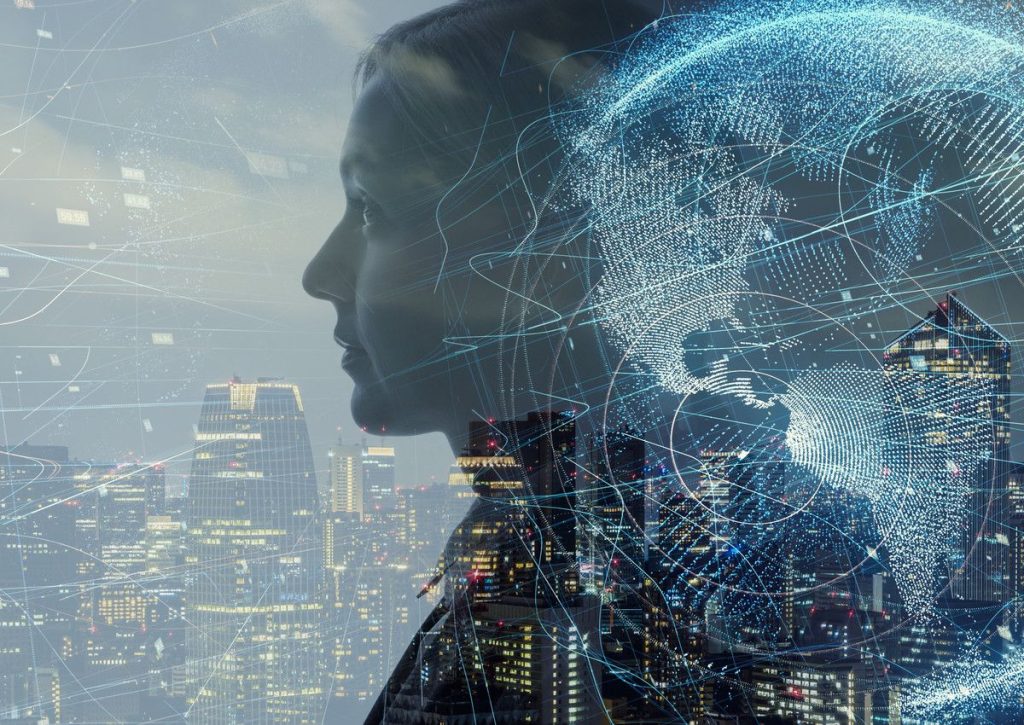
AI is not just transforming recruitment; it’s also reshaping how companies manage and develop their employees. AI-driven platforms can offer personalized training and development programs, catering to the specific needs and learning styles of each employee. This tailored approach ensures that employees receive the most relevant and effective training, which can lead to better job performance and higher satisfaction.
Additionally, AI can track and analyze an employee’s performance data, providing insights into their strengths and areas for improvement. This data-driven approach allows managers to offer more constructive feedback and support, fostering a culture of continuous growth and development.
Streamlining Administrative Tasks
Another significant advantage of AI in HR is the automation of routine administrative tasks. AI systems can handle various tasks, such as payroll processing, benefits administration, and attendance tracking, with greater accuracy and efficiency than traditional methods. This automation not only saves time but also reduces the likelihood of human error.
By automating these tasks, HR professionals are freed up to focus on more strategic aspects of their role, such as workforce planning and employee engagement strategies. This shift in focus can lead to more effective HR practices and a more productive workforce.
Predictive Analytics for Better Decision Making
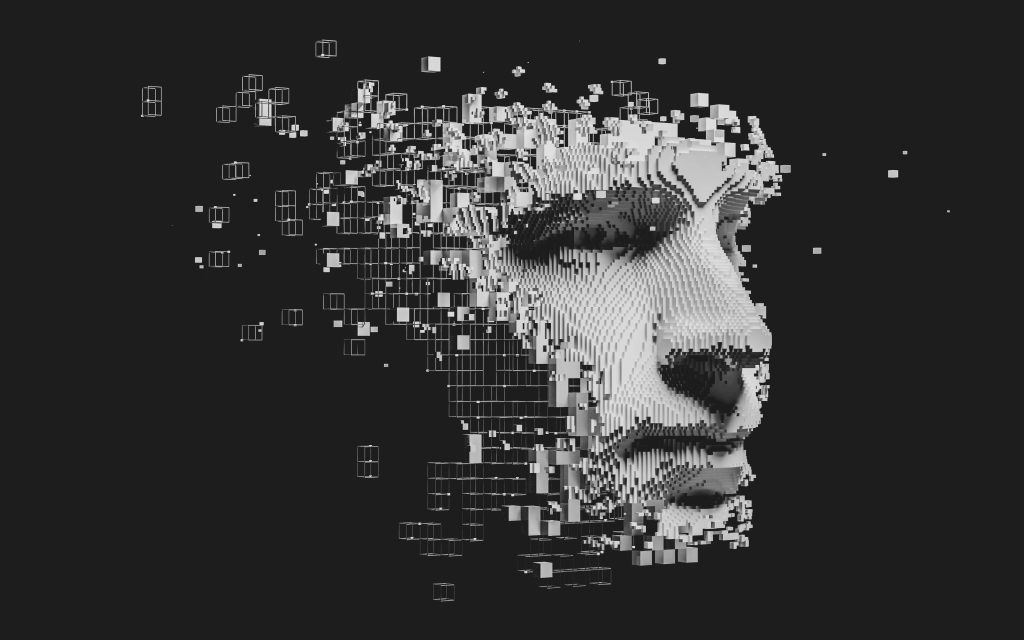
Predictive analytics is another area where AI is making a substantial impact in HR. By analyzing vast amounts of data, AI can help predict trends and outcomes in various areas, such as employee turnover, recruitment needs, and workforce productivity. These insights enable HR professionals to make more informed decisions and proactively address potential issues before they become problematic.
For instance, predictive analytics can identify patterns that might indicate a high risk of employee turnover, allowing HR teams to intervene early and take steps to improve employee retention. Similarly, AI can analyze market trends to inform recruitment strategies, ensuring that the workforce aligns with future business needs.
Personalizing the Employee Experience
Finally, AI is playing a crucial role in personalizing the employee experience. From customized benefits packages to individualized career path recommendations, AI enables HR to cater to the unique needs and preferences of each employee. This personalization can lead to higher employee satisfaction and engagement, as employees feel more valued and supported in their professional journeys.
AI-driven platforms can also gather and analyze employee feedback in real-time, providing HR teams with valuable insights into employee morale and engagement levels. This immediate feedback allows HR to quickly address any concerns and create a more positive and productive work environment.
In conclusion, AI is not only enhancing HR processes but also redefining them. Its impact on recruitment and employee management is significant, offering smarter, more efficient, and more personalized solutions. As AI technology continues to evolve, its role in HR is set to become even more integral, shaping the future of how businesses manage their most valuable asset: their people.

